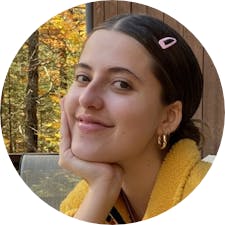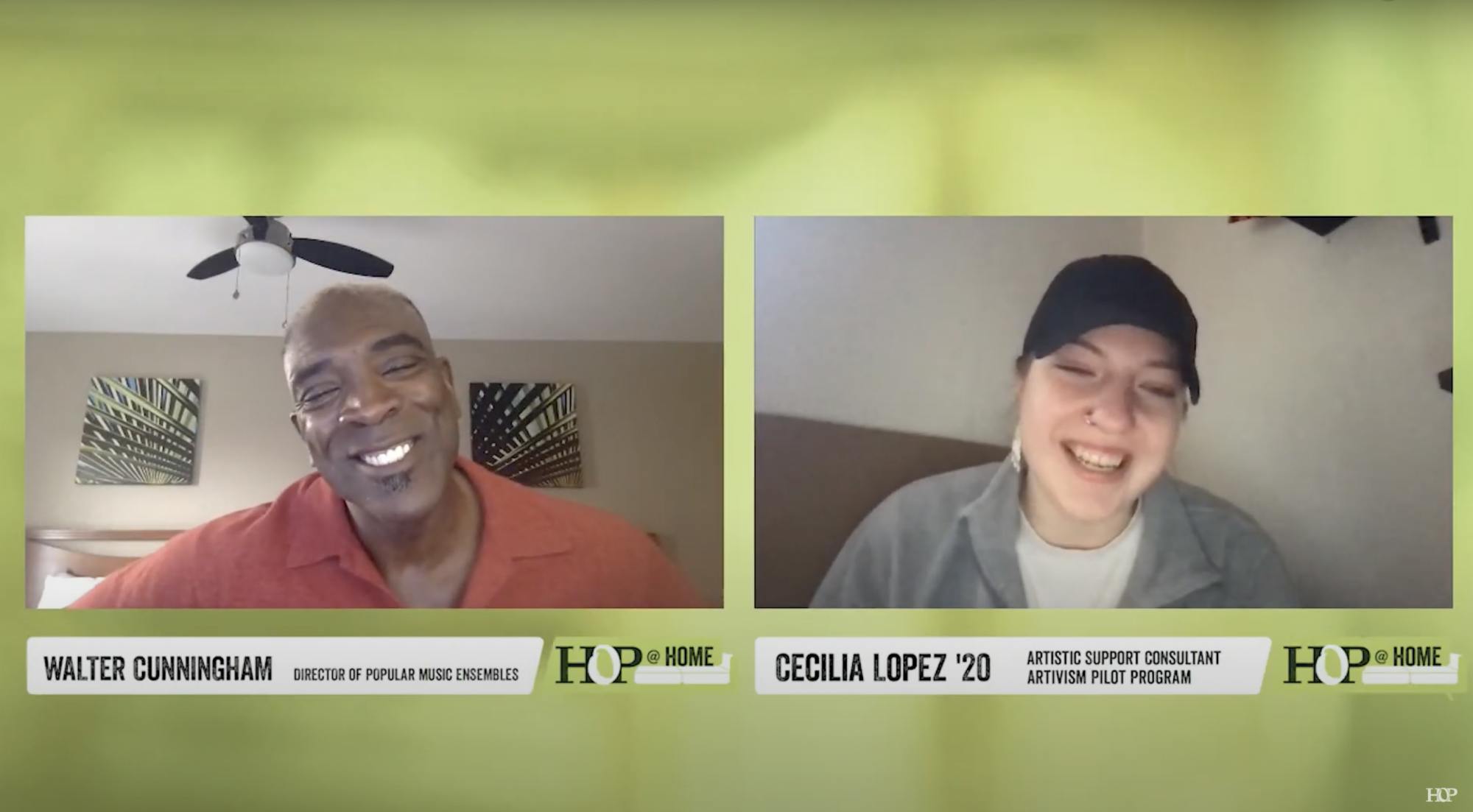This past weekend, the first part of the 14th annual Dartmouth Idol semifinals took place virtually. Breaking from the traditional format of the beloved competition, the kickoff event combined footage from previous competitions with audition tapes from this year’s semifinalists.
This weekend’s event was the first in a series of Dartmouth Idol events this winter, the second of which will feature performances from the semifinalists and both audience and panel voting for the finalists. The competition will then culminate with a three-part finals series scheduled for the spring. In the absence of live performances, finalists will collaborate with Cunningham to create music videos.
The semifinals began with a montage of previous opening numbers, followed by introductory remarks from Dartmouth Idol host and founder Walt Cunningham. The event then alternated between showcasing audition tapes from this year’s contestants and fan-favorite performances from past Dartmouth Idol performances, interspersed with commentary from Cunningham and guest speakers.
Cunningham described this first episode as an “introduction to the process” and a way for viewers and performers to get acclimated to the now-virtual series.
Will Shepherd ’23, who is currently participating in his second year of Dartmouth Idol, commented on how different the experience of auditioning alone in front of his phone camera was compared to singing for a live audience.
“When I sing, I really like having people there,” Shepherd, who also pitches for the Dartmouth baseball team, said. “You are on so much adrenaline when there are 800 people in the room, and last year all of my team was there too. And then you go to singing into your phone, and it’s different.”
Cunningham said he found ways to take advantage of the event being remote. In past years, Dartmouth Idol performances included a live band, backing vocals and even background dancers. Though these aspects of live performance are no longer possible due to safety precautions and physical distance, Cunningham added that he is working to create an atmosphere in the upcoming episodes that is just as captivating as a live performance, including inventive elements such as the music videos.
“When you watch it, you will feel the energy,” Cunningham said. “It might not be audience energy, but you’re going to feel creative energy.”
Though in-person, individualized practice won’t be possible, Cunningham said he plans on coaching competitors through Zoom — not just on performance aspects, but also in technical areas like lighting and sound.
Unlike past years, when the full Dartmouth Idol competition took place over winter term, auditions for this year’s competition opened in the fall, the semifinals are taking place this winter and the finals will extend into spring term. Cunningham said the change came about because of the amount of work needed to produce a digital event.
“There’s a tremendous aspect of production and we need time to put all this together,” Cunningham said.
One advantage of the event’s virtual format is the potential for an increase in audience size, according to Hopkins Center senior marketing manager Terry Duane. Previously limited by Spaulding Auditorium’s size, Dartmouth Idol can now welcome anyone who wants to attend.
“There are so many people that we can now be accessible to,” Duane said. “People that couldn’t easily find themselves in Hanover, New Hampshire for one event can now be able to participate. That’s a definite silver lining of our circumstances.”
Watching the first installment on Saturday, viewers were given a taste of the events to come in this series, while also being given the opportunity to reflect on past years of Dartmouth Idol. Underneath all the theatrics and excitement has always been a common love for music, a force that can provide a degree of solace in troubling times.
“We all need healing,” Cunningham said. “Arts and music in particular can do that.”




